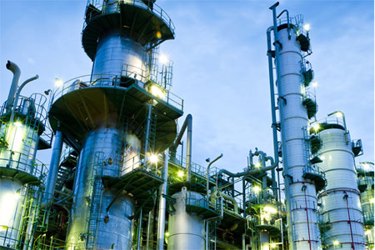Predicting Product Properties Using Reactor Data

In the chemicals industry, it is critical to control the finished product properties (such as product density, viscosity and reagent content) to maximize product quality, and as a result, profitability. Chemicals manufacturers test their finished products, placing them into different quality ranges based on how they perform in a series of laboratory tests. The highest quality product sells for the highest price, so maximizing the amount of the highest quality product will maximize the revenue of a particular process unit.
Lab testing can be labor and time-intensive, with the sampling rate typically in the range of hours or days. When a batch receives a failing quality grade, all of the material produced since the last passing result is typically downgraded to avoid sending low-quality material to customers as part of a high-quality material order.
A large-scale specialty chemicals company was looking for a way to minimize the profit loss associated with product downgrades. Developing a predictive model to reliably and accurately forecast product properties based on conditions in an upstream portion of the process would enable companies to make immediate process adjustments, minimizing the significant margin loss of product downgrades.
Get unlimited access to:
Enter your credentials below to log in. Not yet a member of Hydrocarbon Online? Subscribe today.
